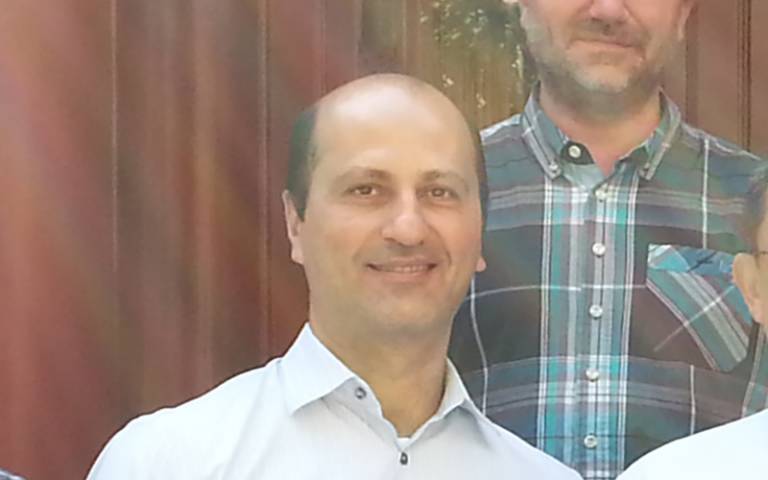Global Engagement Funds Case Study: East Asia
Professor Nikolaos Konstantinidis visited Peking University (PKU) to explore collaboration opportunities in maths and physical sciences.

8 February 2018
Professor Nikolaos Konstantinidis
Vice-Dean (International), UCL Mathematical & Physical Sciences (MAPS)
“A year ago UCL hosted a visit from a Peking University (PKU) delegation and my Faculty wanted to return this visit, to explore opportunities for further collaboration with PKU and also the Chinese Academy of Sciences (CAS).
The funds helped support a delegation of five MAPS academics to visit PKU for a series of workshops, meetings and lab visits.
The research areas we identified for collaboration included nanomaterials for clean energy, geosciences, particle physics and applied mathematics.
We wanted to explore possibilities for PhD scholarship funding, joint PhD programmes, and undergraduate student exchange or summer internship programmes.
The visit was a success and we were able to learn a lot. In particle physics, we identified many synergies between the research groups in the two universities, even though we are involved in different experiments.
For example both UCL and PKU have teams working on the Large Hadron Collider, in the ATLAS (A Toroidal LHC Apparatus) and CMS (Compact Muon Solenoid) experiments respectively. During the presentations and discussions we realised that we are working on similar data analysis topics and similar technical projects.
Another synergy was in Dark Matter. There’s a specialised piece of equipment that UCL has that’s unique in the UK (an ICP Mass Spectrometer for radio-purity measurements), and we discovered that PKU have the same instrument but they are using it for a different Dark Matter experiment.
Visiting a partner in person in this way meant we could raise the profile of key UCL MAPS activities and learn about the corresponding areas in PKU and CAS, as well as explore ways to develop closer links with them.
All delegates identified matching research interests with our PKU hosts and came back to the UK with many points of contact and ideas to follow-up in the medium term future.
We agreed to pursue organising PKU-UCL mini-workshops on topical subjects such as particle physics, nanotechnology and their applications in the health sector.”
 Close
Close


